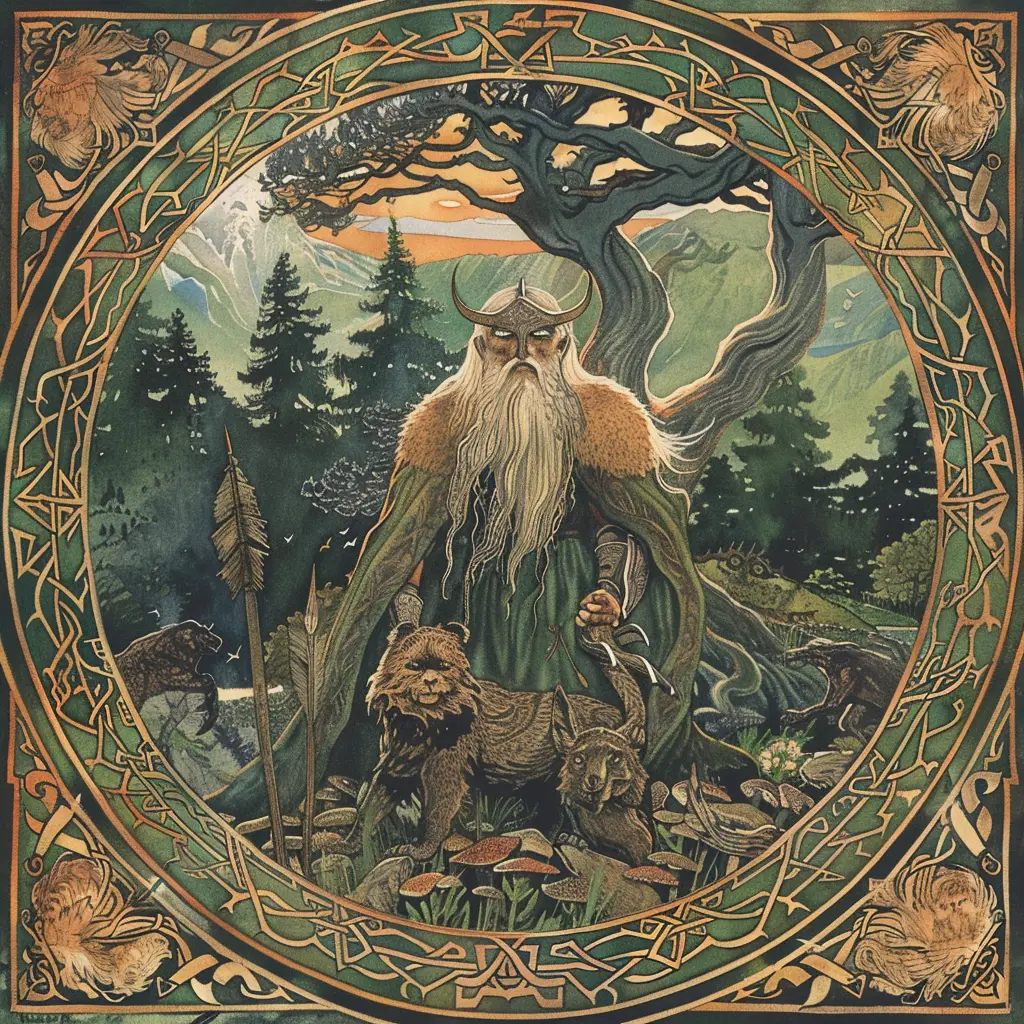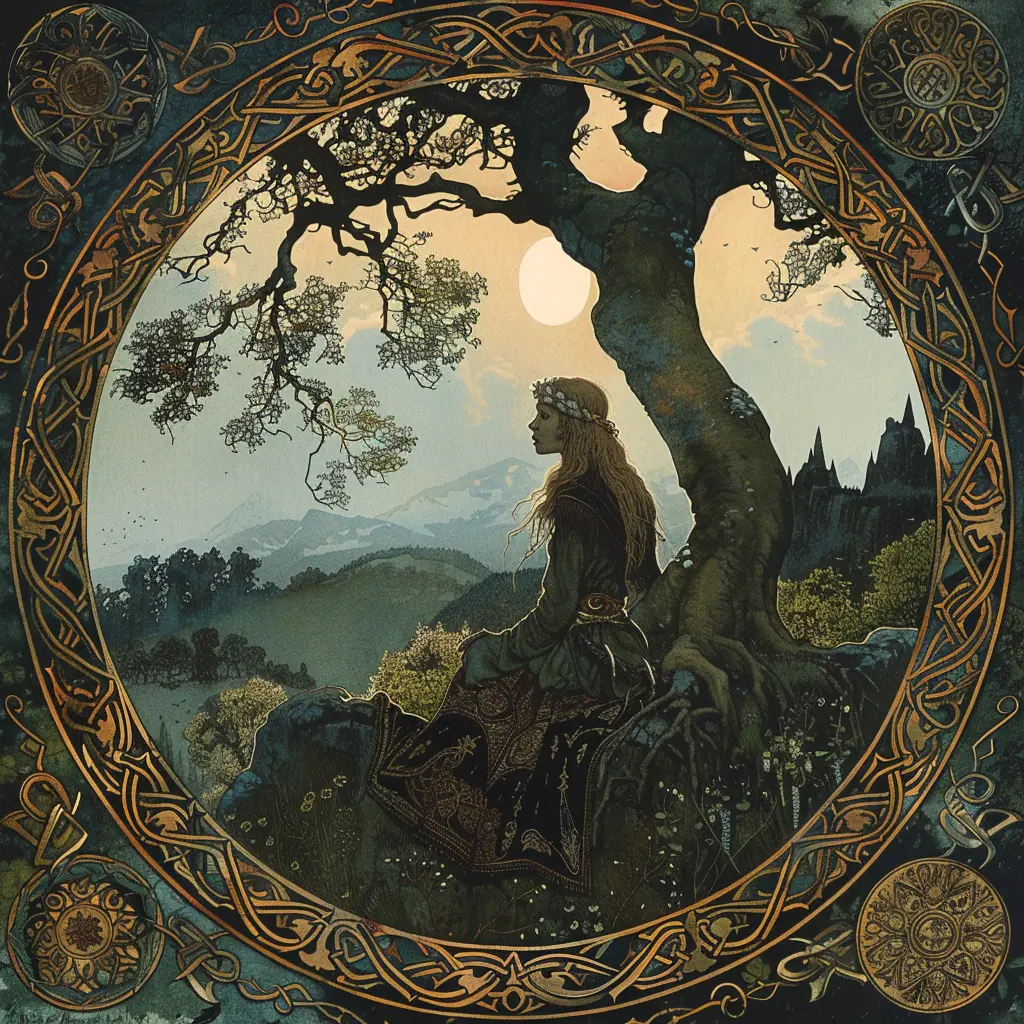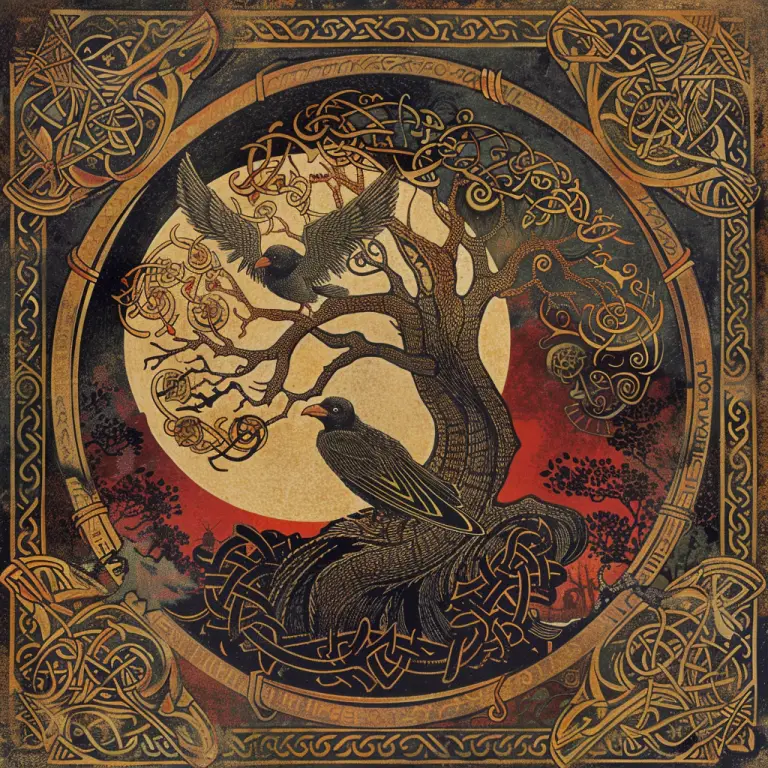The Poetic Edda, also known as the Elder Edda, is a collection of Old Norse poems that form the most significant source of Norse mythology and heroic legends. Unlike the Prose Edda, which was compiled by Snorri Sturluson in the 13th century, the Poetic Edda’s origins are more uncertain, likely composed between the 9th and 11th centuries.
The Poetic Edda consists of various poems, many of which are anonymous and were transmitted orally before being recorded in manuscript form. Some of the most famous poems included in the collection are:
Völuspá (“The Prophecy of the Seeress”): This poem recounts the creation of the world, the deeds of the gods, and the eventual destruction of the cosmos in the Ragnarok.
Hávamál (“Sayings of the High One”): A collection of wisdom verses attributed to Odin, covering topics such as ethics, magic, and the runes.
Vafþrúðnismál (“The Lay of Vafthrudnir”): A mythological poem in which Odin engages in a wisdom contest with the giant Vafthrudnir.
Lokasenna (“Loki’s Quarrel”): A poem depicting Loki’s verbal sparring with the other gods during a feast in Asgard.
Skírnismál (“The Lay of Skírnir”): A love story involving the god Freyr and the giantess Gerðr.
Hákonarmál (“The Death Song of Hákon”): A poem lamenting the death of the Norwegian king Hákon the Good and his reception in Valhalla.
The Poetic Edda offers a glimpse into the religious beliefs, heroic sagas, and cultural values of the ancient Norse people. Its rich imagery, compelling narratives, and poetic language continue to inspire and captivate readers interested in Norse mythology and literature.



